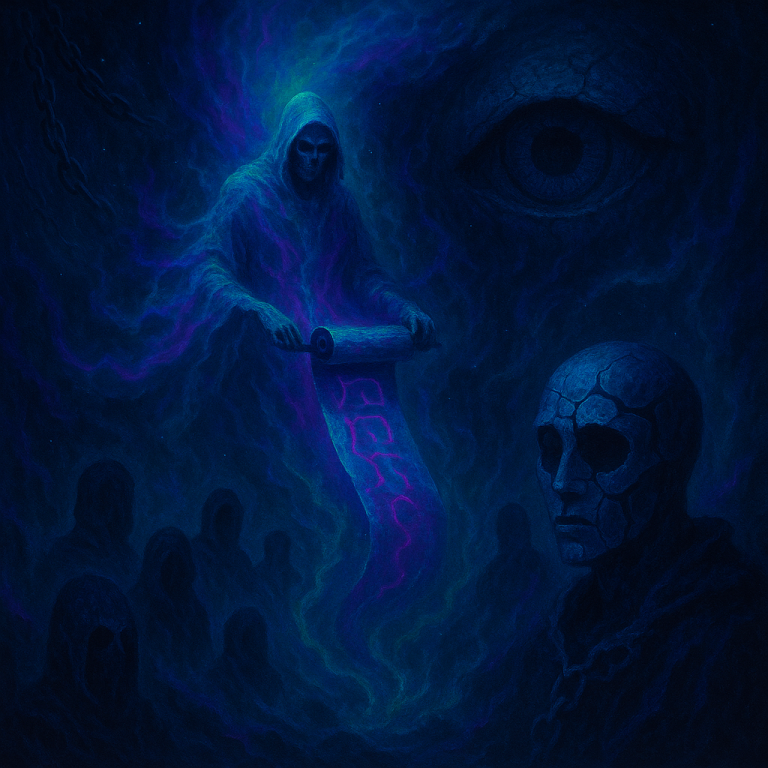Chapter 1 Adam Smith (Micro-thesis reflection)
✶ Thesis: "When everyone looks for his own, order appears by itself."

🜁 In a world of autonomous decisions, it was believed that the sum of personal interests would generate a greater balance. As if each selfish choice would spontaneously weave the collective tapestry, without the need for prior design. For decades, it was taught that letting the individual act would be enough to build common welfare. But who decides which paths can be taken? How free is choice when only a few hold the map?
📘 Context of this thesis.
Adam Smith wrote from an eighteenth century convulsed by the beginnings of industrial capitalism. His famous "invisible hand" arose in a context where the state was no longer the absolute organizer, and the individual began to have decision-making power in the market. It was not a eulogy of egoism, but a reflection on the limits of intervention and the potential of spontaneous order.
Today, this idea takes on another dimension. Consumer autonomy is mediated by algorithms, targeted advertising and exclusion systems. This thesis invites us to review: do we really make free individual choices, or do we follow maps designed by others?
- What are the decisions that you think you make freely, but are guided?
- Is there really a spontaneous order in the digital market?
- What paths are not seen when we only observe what is convenient for us?




